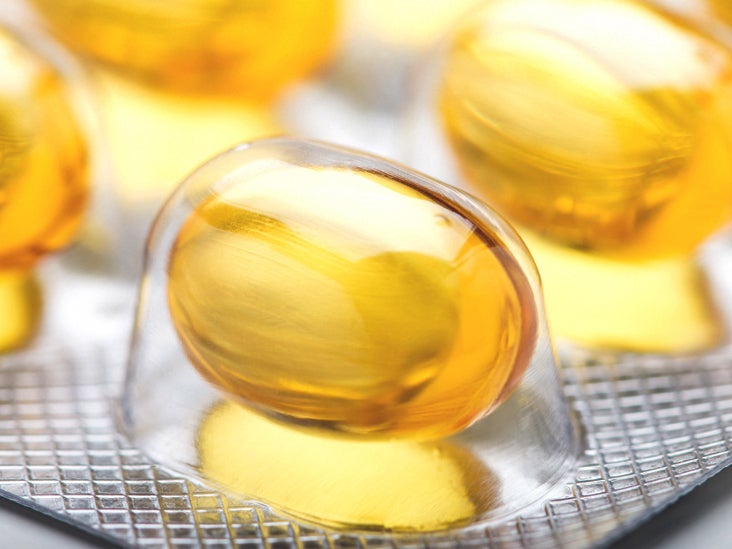Medically reviewed by Debra Rose Wilson, Ph.D., MSN, R.N., IBCLC, AHN-BC, CHT — Written by Jacob Clarke
January 29, 2019
ADHD
Attention deficit hyperactivity disorder (ADHD) can affect both adults and children, but is most common in male children. ADHD symptoms that often begin in childhood include:
- difficulty concentrating
- difficulty sitting still
- being forgetful
- being easily distracted
A 2016 review of studies notes that the disorder can continue into adulthood for up to half of all diagnosed children.
ADHD is usually treated through medication and behavioral therapy. Medical professionals have expressed interest in other treatment options that do not have the potential side effects seen in medications such as methylphenidate or amphetamine-based stimulants like Adderall.
Can fish oil treat ADHD?
Researchers have studied fish oil as a method to improve symptoms of ADHD because it contains two important omega-3 polyunsaturated fatty acids (omega-3 PUFAs):
- eicosapentaenoic acid (EPA)
- docosahexaenoic acid (DHA)
EPA and DHA are heavily concentrated in the brain and contribute to protecting neurons.
A 2016 review of 25 studies determined that that treatment with both DHA with EPA showed improved results in those with ADHD — with a notation that further studies are needed to determine the ideal dosages of the omega-3 PUFAs.
Omega-3 PUFAs
Research has shown those with ADHD often have lower amounts of omega-3 polyunsaturated fatty acids in their blood. Omega-3 PUFAs are crucial nutrients for brain development and functioning.
The 2016 review of 25 studies that were conducted between 2000 and 2015 — primarily of school-aged children between 6 and 13 years old — found that five studies without a placebo group demonstrated PUFAs reduced ADHD symptoms. Again, researchers determined more double-blind, placebo-controlled studies are needed.
While lower levels of PUFAs likely do not cause ADHD, research has generally supported that taking supplements can improve symptoms. Because people cannot produce omega-3 PUFAs, they are gained through foods such as mackerel, salmon, or walnuts, or through supplements in the form of a liquid, capsule, or pill.










